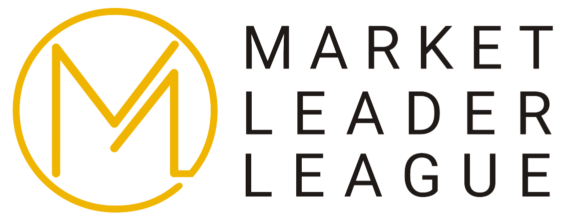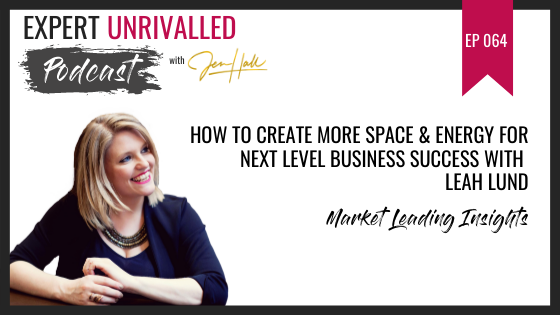How to Create more space & energy for Next Level Business Success with Leah Lund
Leah Lund is an expert in brain chemistry and a specialist in helping entrepreneurs take their business to the next level from a place of vibrant health and greater energetic capacity.
In this episode find out-
- How your brain chemistry has EVERYTHING to do with how you build success in business
- The unknown effects of global crisis and how you can use Spiritual Immunity to protect against them
- How you can create more energy and manage time when you feel like all the odds are stacked against you
Useful links:
Book a Call with Jen – bit.ly/claritycallpodcast
Send your emails to jen@jen-hall.com
Follow Leah on Facebook – https://www.facebook.com/onewholehealth
Instagram: leahlund_onewholehealth
The Inspirement Life Planner is available now in 4 colours:
Take the Brain Chemistry Self Assessment here
[spp-transcript]

